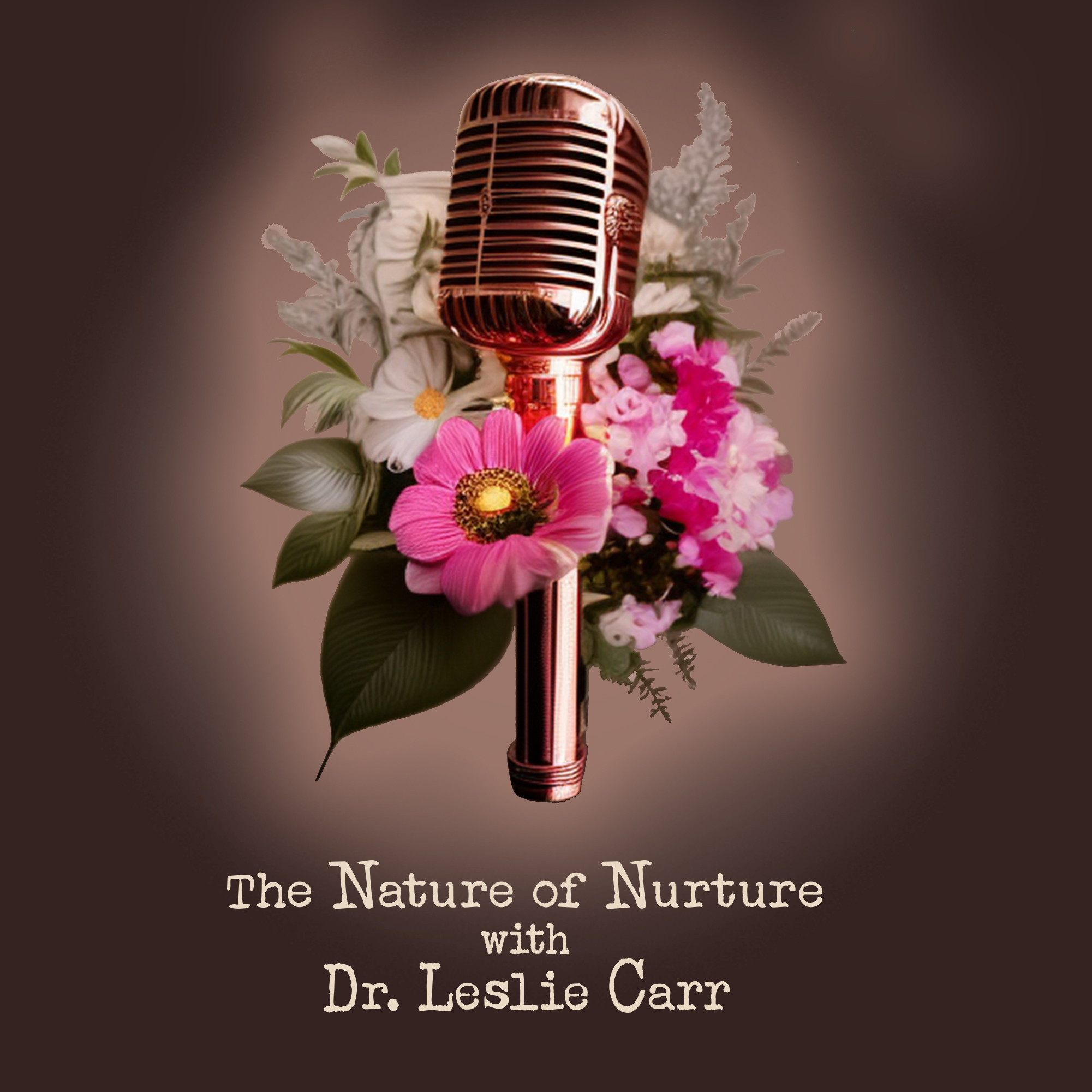As a clinical psychologist and a practicing therapist, I have to tell you that I love what I do for a living. Not only was it a lifelong dream of mine to work in private practice, it feels like an absolute honor to bear witness to another person’s growth. It’s a privilege, for sure — and I know that a lot of my colleagues feel the same way.
What I do not love about my profession, however, is hearing stories about other therapists who sometimes say things that hurt people, or when they do things that are clinically indefensible.
Sadly, I hear these tales all the time when I have a new client in my office who needs to talk about why it took an outsized amount of courage to try therapy again with someone new.
I’ve heard about people feeling mocked by their therapists, and about people being treated on the basis of their enneagrams despite a recent death in the family and an evident amount of grief.
I once heard a story about a therapist who used her studio apartment as her office. Her bathroom was the waiting room.
What I hear most, unfortunately, is about therapists who never say anything at all. Their worst offense is that they simply never do anything. They never say anything comforting, or wise. They mistakenly (in my opinion) hide behind what Freud referred to as a “blank slate” — preferring the safety of that clinical style to the messy truth of raw, human interaction.
The saddest thing about these stories to me is that they keep people from getting the help that they need. For many people it’s so hard to reach out the first time that if they have a bad experience they don’t ever get the courage to try again.
So I’m deeply passionate about helping people to “interview” their therapists and to think critically — to feel empowered to sift through the phonies, the frauds, and ones who are simply misguided.
Finding the RIGHT therapist for you could quite literally change your life. So let’s talk about how to separate the wheat from the chaff.
First of all, finding the right therapist is really about trusting your gut.
While that might sound vague, choosing a therapist really isn’t about finding someone who’s “technically good.” It’s not about the degrees, or the institutions that supplied them. It’s not about a friend’s recommendation, or anything of the sort.
Finding the right therapist for YOU has to do with what we call “rightness of fit.” Whether you want to work with a woman or a man, a therapist’s therapeutic style and orientation — all of these things are relevant factors.
In that sense, therapy is a lot like dating. It’s not enough for the connection to just feel OK. You should have a strong sense of having found the right place — a resounding feeling of confidence.
Numerous studies have shown that the most important ingredient in therapy is the relationship (it accounts for the greatest amount of change that occurs in therapy, regardless of any other variables). So what I always tell people when they’re looking for a therapist is that they should spend at least the first session (if not the first few sessions) thinking really critically about whether the person sitting across from them is the right fit.
• Do you like this person?
• Do you feel comfortable with this person?
Ask yourself those questions honestly and listen to your gut for the answer.
How can you know if a therapist is NOT right for you? If he or she:
1. Says something that makes you feel uncomfortable.
2. Falls asleep in the middle of the session. (Yes, I’ve heard that this has happened; don’t get me started.)
3. Has nothing to say to you that’s helpful or comforting.
4. Doesn’t make you feel heard or understood.
5. Makes you feel judged.
6. Says something offensive.
7. Simply doesn’t click with you.
Have you ever had a particularly bad or good therapy experience? How did YOU know when you found the right fit? I would love to hear from you, and you can always find my in the private Facebook group that I have set up for subscribers to my newsletter.


















